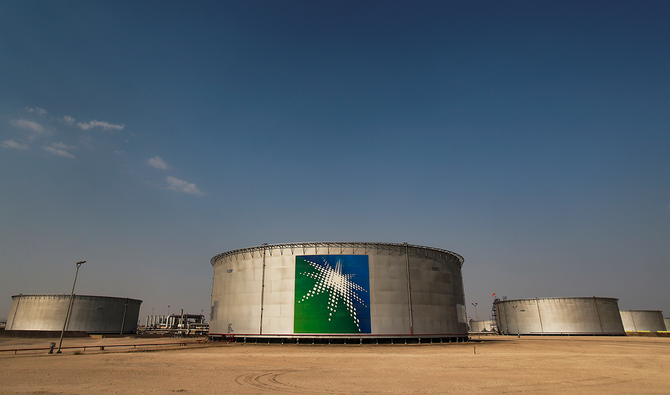
- ARAB NEWS
- 18 Jul 2025

The historic initial public offering (IPO) of Saudi Aramco at the end of last year was expected to kick off a wave of IPOs in the Kingdom, as investors got the flotation bug and markets became more liquid and more comfortable with the concept of public offerings.
The pandemic crisis has ensured that, so far, there has not exactly been a tsunami of offerings, but nonetheless the Kingdom has been the main arena for IPOs in the region.
By far the biggest, raising some $700 million, was the listing by Dr. Sulaiman Al-Habib Medical Services Group on Tadawul. A smaller one, by Sumou Real Estate, raised about $48 million. In the circumstances, those were creditable achievements.
One of the features of the economic crisis caused by pandemic lockdowns has been the resilience, even exuberance, of global equity markets. Taking their cue from Wall Street, where the intervention of the US Federal Reserve with its “bazooka” helped to reverse the share price collapse of March, investors have been piling into equities in the expectation that economic growth will resume in a sharp V-shape later this year. The jury is still out on whether that will be the case in reality, and some commentators have been worrying about a disconnect between financial markets and the real economy.
Against that background the recent announcement by Amlak International, the Saudi real estate finance group, that it would list 30 percent of its equity on Tadawul, is a vote of confidence in the strength of the Kingdom’s financial markets.
Amlak had been eyeing an IPO before the pandemic crisis hit in March, but obviously believes the worst is now over. It has resumed its IPO and gone for a listing by the middle of next month. If all goes to plan by then a new public company will be on Tadawul with a market capitalization of roughly around SR1.5 billion ($400 million). Despite the pandemic, and the measures enacted by the Kingdom’s government to combat it, not much has changed in Saudi real estate. There is still demand for residential and commercial real estate, while the Vision 2030 strategy for diversification continues to put emphasis on the need for a property-owning economy.
Real estate financing is expected to grow by 2.3 times over the next decade to become around 10 percent of the gross domestic product, worth some SR1 trillion, by 2029. Saudi Arabia is expected to build around 200,000 houses and apartments per year in that period.
Amlak, which has been around since 2007, has taken advantage of advances in both real estate regulation and in technology to strengthen its position in the market, and now accounts for around 28 percent of all property finance companies’ combined portfolios.
In terms of finance, this has helped it to generate above-average operating returns and margins. In the first quarter of 2020, revenues of SR75 million produced SR33 million in profit, a healthy margin of 44 percent. In the recently published “intention to float” document, the chief executive, Abdullah Al-Sudairy, highlighted Amlak’s diversified lending portfolio, covering the full spectrum of commercial and residential financing. Diversifying its investment base via an IPO is a logical next step.
Book building, which begins today under the guidance of NCB Capital, involves the issue of 27.2 million shares at a range of between SR15 and 17, depending on demand. Most of the shares are being offered to big financial institutions but — assuming there is appetite for the shares — Amlak can cut back the institutional element and offer up to 10 percent to retail investors.
For the sake of the development of the Kingdom’s shareholding culture, it would probably be advisable to let some smaller shareholders onto the register, not least to allow them a stake in a listed company that will directly impact — through home ownership — their standards of living in years to come.
The Amlak offering could kick off a second round of IPOs. Retail group Bin Dawood is also believed to be considering an offer in the near future.
As such, the Amlak IPO is an important test of Saudi Arabian investor sentiment as the Kingdom emerges from the economic lockdown.
• Frank Kane is an award-winning business journalist based in Dubai.